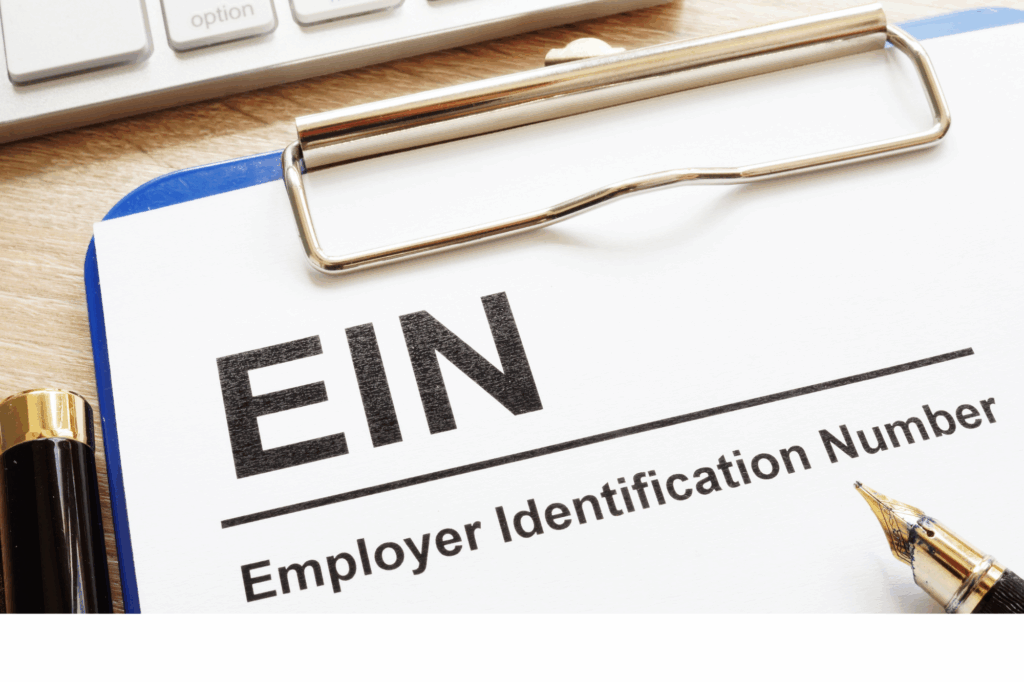Opening a bank account in the United States offers numerous benefits, including simplified processes for withdrawing and transferring money, particularly across the continent. However, stringent US laws against money laundering and terrorism necessitate complex application procedures for foreigners and non-residents.
Why Open a Bank Account in the US?
Having a US bank account provides multiple advantages beyond mere convenience. For businesses, it facilitates smoother trade operations and financial transactions with US companies. Individuals can enjoy easier management of international transfers and potentially better interest rates. Moreover, a US bank account can give you access to a wide range of financial products and services.
Eligibility Criteria for Applicants
Can Anyone Open a Bank Account in the United States?
It is indeed possible for foreigners to open a US bank account, but holding a valid Social Security Number (SSN) greatly eases the process. If you do not have an SSN, an Individual Taxpayer Identification Number (ITIN) can also simplify your application, indicating prior interaction with the IRS. Most banks require a face-to-face meeting to comply with Know Your Customer (KYC) practices.
For more information about acquiring an ITIN or understanding KYC requirements, you can explore the comprehensive services offered by Clemta.
Alternative Solutions for International Transactions
Do I Have to Have a Bank Account in the United States?
While having a US bank account is beneficial, it is not always necessary. Several online services, such as TransferWise and Payoneer, allow seamless international transactions. Depending on your financial operation scale, these platforms can often meet your needs.
Detailed Steps to Open a Bank Account in the United States
How Can I Open a Bank Account in the United States?
For incorporated entrepreneurs, obtaining an Employer Identification Number (EIN) is vital following IRS form filings. An EIN enables the opening and operation of a corporate bank account tailored to your company’s financial needs.
Step-by-Step Process:
- Obtain an EIN: Completing your IRS paperwork is the first step. For guidance and assistance, Clemta offers expert consultancy services to simplify your incorporation and post-incorporation process. Visit Clemta to get started.
- Select a Bank: Choose a bank that aligns with your business needs. Working with a global bank where you have existing transaction history can enhance your application success rate.
- Prepare Required Documents: You will need identification, tax documentation (EIN or ITIN), and possibly proof of address.
- Complete KYC Procedures: Most banks require verification of your identity through KYC rules. Meeting these requirements ensures a smoother application process.
- Open Your Account: Whether online or in-branch, follow the chosen bank’s procedures for account opening.
Why Choose Clemta for Assistance?
Clemta simplifies the arduous process of opening a US bank account, especially for foreigners and non-residents. They provide extensive services, from obtaining an EIN to comprehensive post-incorporation support. Explore their website to gain insight into how they can streamline your path to successful financial integration in the US market.
With detailed insights and professional guidance, Clemta can help transform a complex journey into a straightforward and fulfilling experience.







